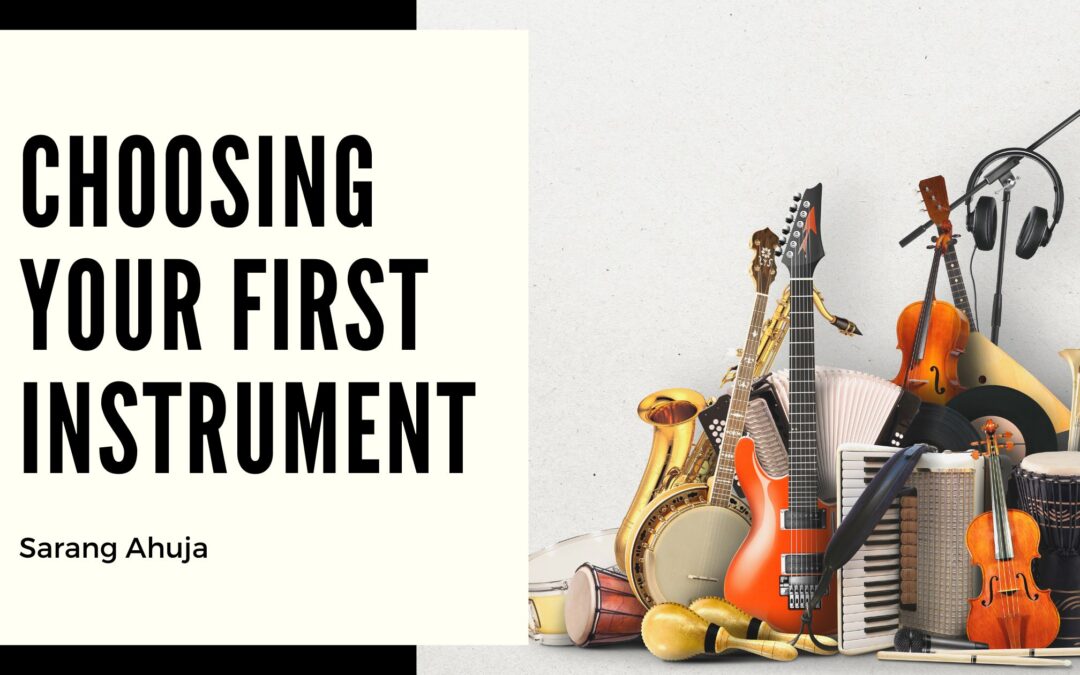Choosing your first musical instrument is an exciting and significant decision that can open up a world of creative expression and joy. Whether a child, teenager, or adult, selecting the right instrument can set you on a path of musical discovery and personal growth.
Here are some essential factors to consider when choosing your first instrument:
Interest and Passion:
The first and most crucial factor is your interest in and passion for an instrument. Think about the music you enjoy listening to and the instrument that captures your attention the most. A genuine interest in an instrument will motivate you to practice regularly and make learning enjoyable.
Music Genre and Style:
Consider the music genre and style you aspire to play. Different instruments are associated with various genres. For example, if you love classical music, you might be drawn to instruments like the piano, violin, or cello.
Physical Considerations:
Take into account your physical characteristics and limitations. Some instruments require specific physical attributes, such as hand size, finger strength, or lung capacity. For instance, a young child might find a smaller instrument like the ukulele or recorder more manageable than a large instrument like the cello or tuba.
Availability of Lessons and Resources:
Check the availability of music lessons and learning resources for the instrument you’re interested in. Access to a good music teacher or online tutorials can significantly impact your progress as a beginner. Additionally, consider the availability of sheet music, instructional books, and online resources for learning your chosen instrument.
Size and Portability:
The size and portability of the instrument are crucial factors, especially if you plan to practice or perform in various locations. Instruments like the flute, clarinet, or violin are relatively portable and easy to carry, while larger instruments like the piano or drum kit may require a dedicated space.
Ensemble and Performance Opportunities:
Think about whether you want to play solo or in a group setting. Some instruments are more commonly used in ensembles or bands, which can offer opportunities for collaboration and performance. Being part of a musical ensemble can enhance your learning experience and provide a sense of camaraderie with other musicians.
Try Before You Buy:
Whenever possible, try out different instruments before making a decision. Visit music stores and ask to play the instruments you’re interested in. Feeling and hearing the sound of an instrument in person can help you connect with it and make an informed choice.
Be Open to Exploration:
While choosing your first instrument based on your interests and preferences is essential, don’t be afraid to explore other instruments over time. Many musicians play multiple instruments, and experimenting with different instruments can broaden your musical horizons and enrich your musical journey.
Choosing your first musical instrument is a personal and exciting process. Consider your interests, music preferences, physical attributes, and budget while exploring different instruments. Remember that playing an instrument takes time, patience, and practice. So, choose an instrument that sparks joy and inspiration, and embrace the journey of musical discovery as you embark on your musical adventure.

